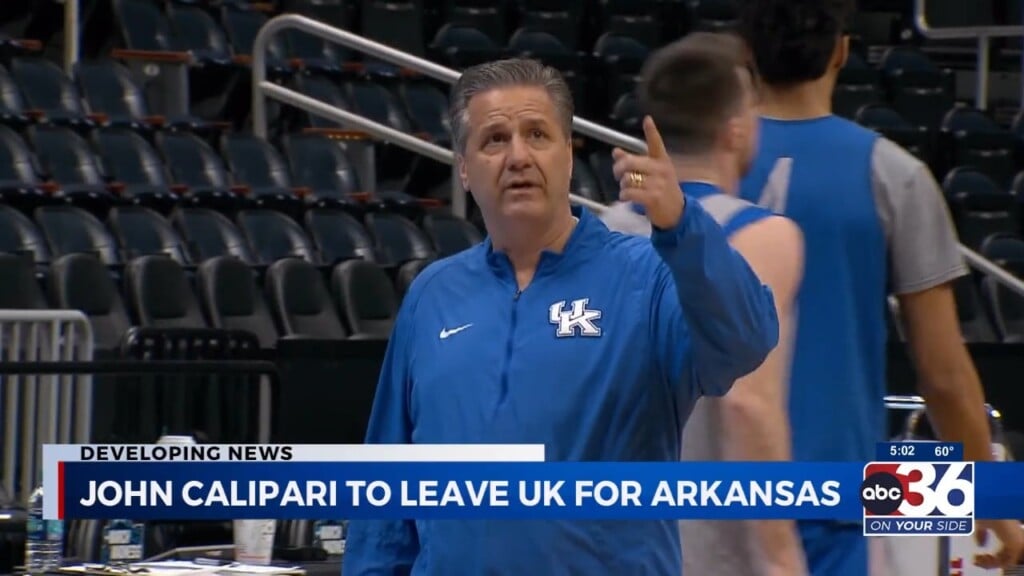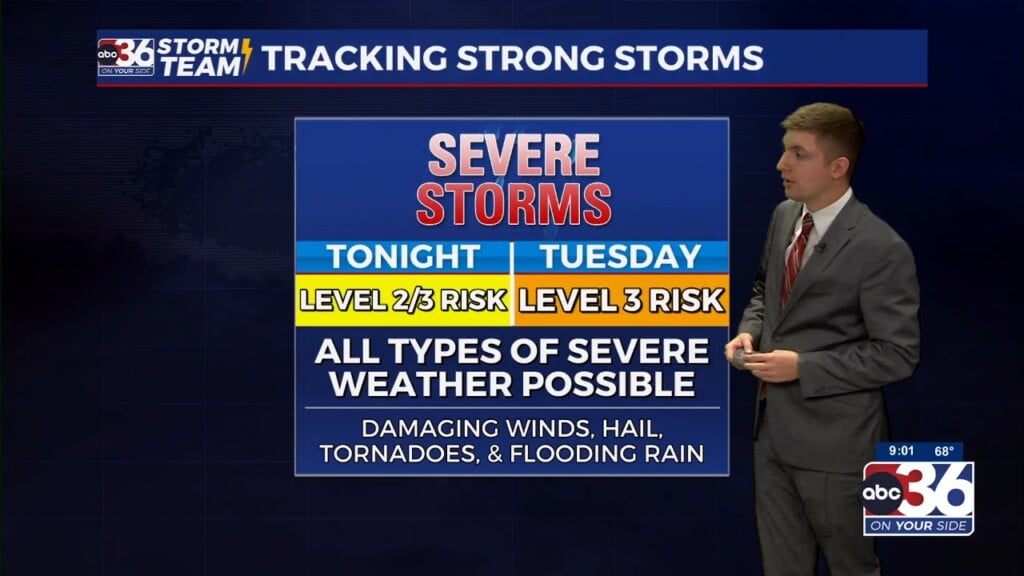Leaked UN report shows failed investigation on sexual abuse
The United Nations botched its investigation into accusations of sexual abuse in Central African Republic, letting down victims, according to a draft report.
The report, written in 2017 but not yet made public, was leaked to The New Humanitarian and seen by The Associated Press.
An Associated Press investigative series in 2017 uncovered roughly 2,000 allegations of sexual abuse and exploitation by U.N. peacekeepers around the world over a 12-year period.
The roughly 11,000 peacekeepers in Central African Republic had the most sexual misconduct allegations — 52— of any U.N. peacekeeping mission in 2016.
“The leaked review … gives a rare behind-the-scenes glimpse at how the U.N. system investigates claims of sexual abuse and exploitation by its own peacekeepers – and shows why it often fails the victims it is supposed to serve,” according to the New Humanitarian.
The failed investigation into the allegations in the Central African Republic cost the U.N. more than $480,000.
Inadequate storage ruined DNA samples that had been collected to connect victims to their alleged perpetrators, according to the report.
“Most were already rotten. It is therefore hardly surprising that positive results could not (be) obtained,” the report said of the DNA samples. Many of the samples were taken from March to May 2016, and then they were stored in Bangui for months and were not delivered to the Nairobi office for the investigation until April 2017.
The report noted the importance of the role of DNA evidence in linking a possible perpetrator to a victim. “It was noted that none of the DNA samples collected was deemed usable by labs retained for that purpose,” said the report.
U.N. deputy spokesman Farhan Haq said the information appears to be from a draft of a report ordered by the Office of Internal Oversight Services, the U.N.’s internal watchdog, to see how the U.N. can improve its management of cases of sexual abuse and exploitation in different parts of the world.
“We’ve never really had to deploy so many investigators to countries with very austere, very difficult working conditions, and so we ourselves have been reviewing this,” Haq said. “I can’t really comment until this report is finalized. With drafts and revisions we take to verify information, I wouldn’t be able to comment on the reliability of the information that’s been put out so far.”
One official knowledgeable about the investigations said: “There were a couple of DNA swabs from which the lab were unable to extract a profile. There weren’t hundreds of rotten samples at all. We repeated the process and resubmitted them to the lab.” The official spoke on condition of anonymity because he was not authorized to speak publicly.
The lack of action on the investigation left victims feeling abandoned and without any recourse for the sexual exploitation they say they experienced at the hands of the Burundi and Gabonese troops, according to the New Humanitarian who spoke with victims.
The U.N. relies on the country contributing peacekeepers to deal with allegations of misconduct and to determine possible punishments. According to the report, Burundi investigators who went to conduct interviews in 2016 did not have the necessary skills and experience. The interviews seemed to look to discredit witnesses, it said, and interpreters also lacked the needed skills.
The U.N. has vowed to end impunity for sexual misconduct and to work with countries supplying peacekeepers to do more to combat the abuses.
U.N. Secretary-General Antonio Guterres has taken strides to improve the world body’s response to sexual abuse and exploitation, appointing the U.N.’s first-ever victims’ rights advocate, banning alcohol and fraternization for troops, convening high-level meetings on sexual abuse and exploitation and establishing a trust fund for victims.
The U.N. received 259 allegations of sexual exploitation and abuse last year, according to The New Humanitarian, a major increase from the two previous years.
———
Associated Press journalist Edith M. Lederer contributed from the U.N.




Leave a Reply